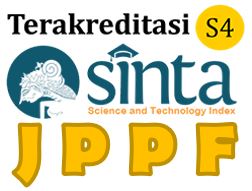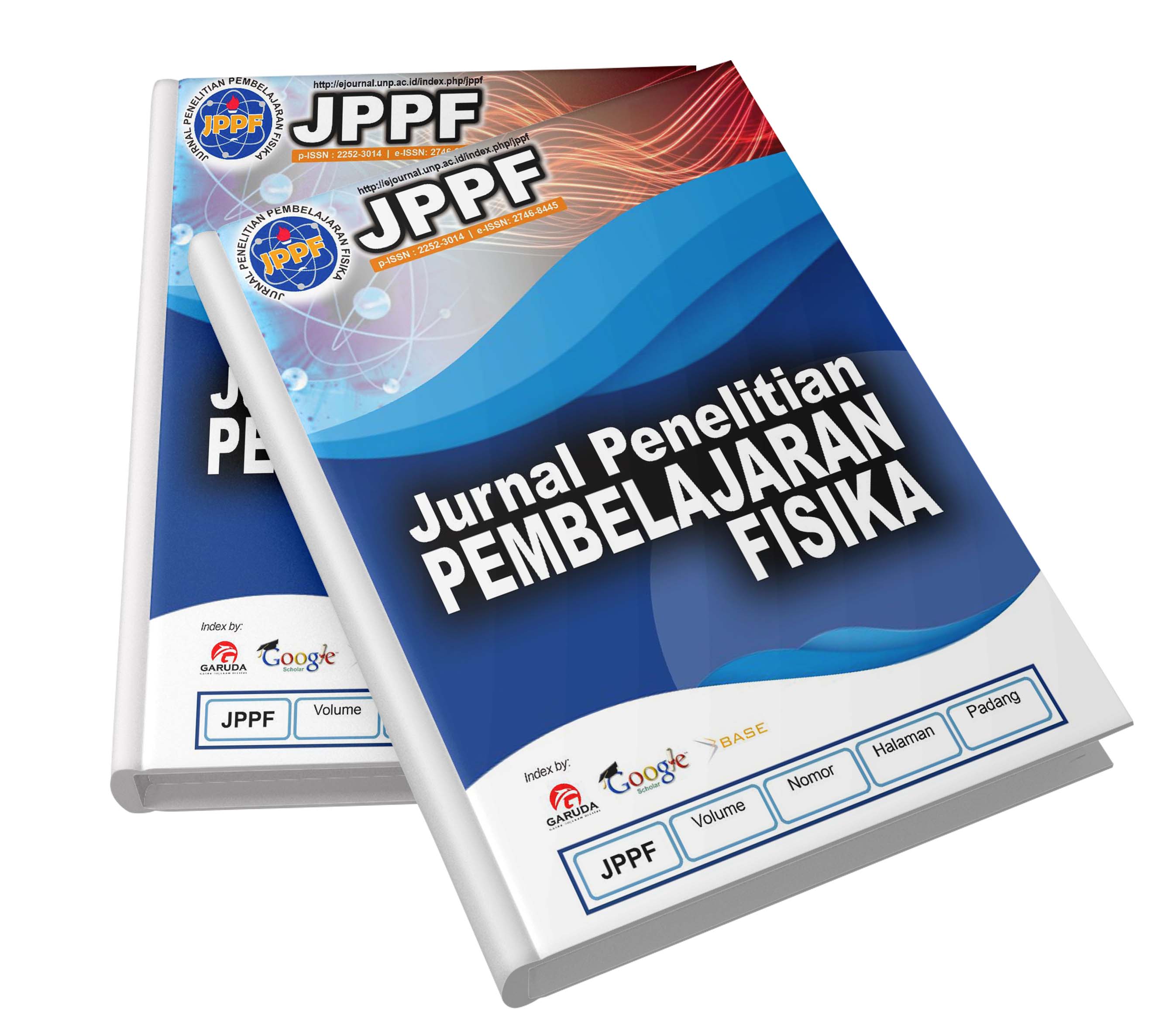Abstract
The challenges of the 21st century require students to have 21st-century skills. To prepare students to have 21st-century skills, the learning that the teacher must carry out must also be oriented toward 21st-century learning. STEM is one of the approaches in learning science that supports 21st-century learning. Critical thinking is a person's ability to analyze problems and ideas in a more specific direction to find solutions according to reason and knowledge possessed. With hope, if students' critical thinking skills increase, student learning outcomes will also increase. Therefore, researchers are interested in conducting meta-analysis research in effect size analysis of the influence of STEM-based learning approaches on critical thinking skills and student learning outcomes. From research using the meta-analysis method through effect size analysis of 20 journals, it can be concluded that STEM-based learning significantly affects critical thinking skills and student learning outcomes




